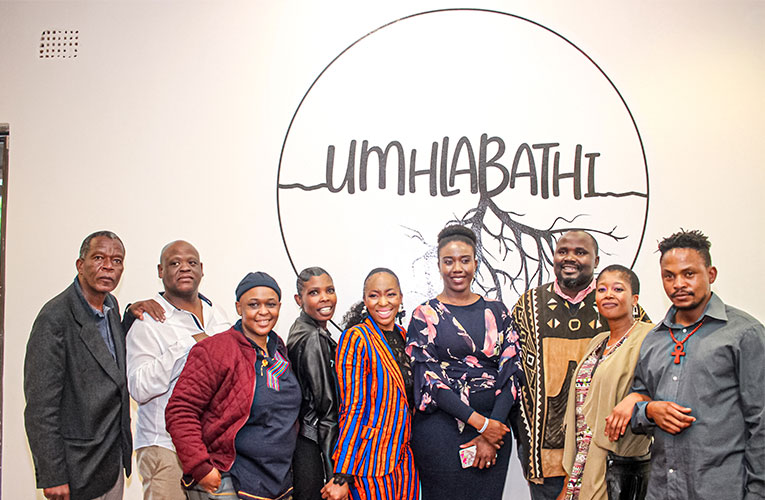New Pan African photographers’ collective launched in Johannesburg
The Newtown based photographers collective Umhlabathi at their premises houses 8 studios for each photographer, a gallery, dark room and an auditorium as well as running international photographers’ residencies and exchanges.
By Edward Tsumele, CiTYLIFE/ARTS Editor
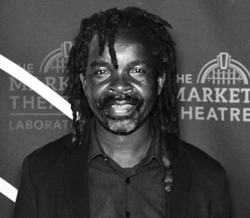
At the tail end of last year as South Africans faced the depressing situation of the Omnicron virus in the population, something positive took place in the arts in Johannesburg which lifted the spirits of artists. A development that took place in Newtown, will not only shape in a significant way, the contemporary art in general and photography in particular, but will also define a new opportunity for practicing contemporary photographers in South Africa and on the African continent.
At the launch of Mhlabathi , a collective of photographers at different stages of their professional practice in Newtown in November 3021, it became clear to those who attended the launch that the way contemporary photographers practice their art on the African continent is going to change for the batter going forward.
Here is a collective, the first of its kind on the African continent, made up of both celebrated contemporary photographers in South Africa, some mid-career practitioners and those emerging, who have decided so to speak, to take their fate in their own hands by deciding not only how they are going to define the way they will now practice their art as practising photographers, but have created opportunities for themselves, including harnessing available public resources to achieve this aim of self-definition and independence from the mainstream art market.
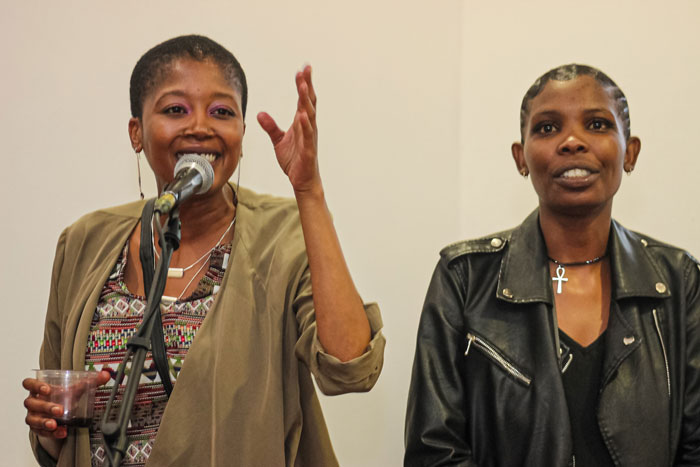
And perhaps as a way of demonstrating the resolve and seriousness of how Umhlabathi regard their professional art practice, this group of photographers told the curious guests at the launch, how they identified an unoccupied building on Helen Joseph, opposite the Bus Factory Premises In Newtown. The building in question is owned by the City Of Johannesburg, and having identified the landlord, the tenacious photographers engaged Johannesburg City’s Director of Arts, Culture and Heritage Vuyisile Mushudulu , who fortunately lent them his ear, and was willing to avail to the photographers the building that had been lying idly, unused for six years. This was after its previous tenant, the Market Photo Workshop moved to its new home at the nearby Market Square, the premises of the Market Theatre Foundation.
And perhaps to point to the future of this innovative initiative, the launch attracted a massive crowd hungry for new innovation in the photography genre and how it is practiced in the contemporary world. The turnout was unusual on the contemporary arts scene in Johannesburg as despite the incessant rains there was a huge interest in the launch event. Not even a group exhibition by top contemporary arts at a top gallery could attract such a huge crowd. Such a sign of appreciation of this new collective by the market is encouraging, and perhaps points to a bright future for these brave and innovative Umhlabathi collective, that includes highly respected veteran art photographer Andrew Shabangu, who has over 30 years professional practice behind him, and whose work is appreciated by the art market globally, with his pieces enjoying decent circulation on the second, auction art market, for example in South Africa, Europe and North America.
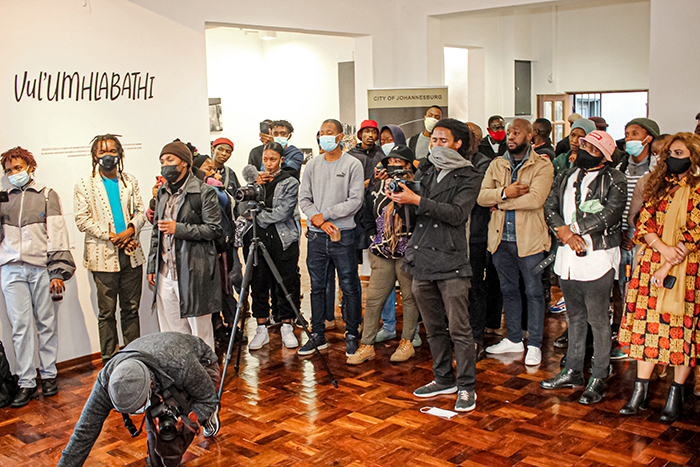
Shabangu and a group of these carefully chosen groupof photographers: Sabelo Malngeni, Andile Komanisi, Tandile Zwelibanzi, Tshepiso Kganye, Tshepiso Mazibuko, Jabulani Dhlamini, Tshepiso Mabulaka Ndongeni and resident curator, Thato Mogotsi aim to change the way contemporary photography is marketed, appreciated and even practiced in South Africa, by injecting new energy and innovation by showcasing the works differently from the tradition white cube type of presenting photography to society. And going by the launch exhibition by the collective, titled Vul’Ummhlabathi, which ran under Johannesburg City’s Arts Alive Festival, the space points to exciting things happening within the space going forward as they unfold their programmes for this year.
“We are not criticising the way the white cube type presentation of art is often curated. We just want to explore a different way of presenting photography to society. We strongly feel that photography, unlike other art genres such as painting and sculpture, for example, dominate exhibition spaces, and often photography plays second fiddle in the current exhibition spaces. Umhlabathi’s role is therefore to mainstream photography by pushing it to the centre of curatorial practice in South Africa and on the African continent,” explained Shabangu in an interview with CITYLIFE/ARTS.
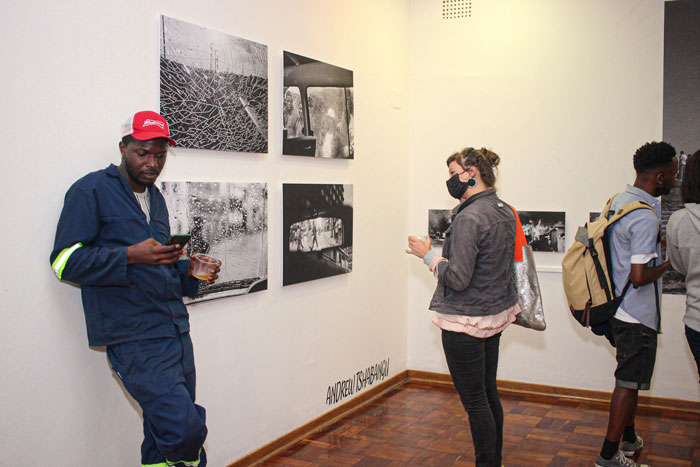
This attempt to mainstream photography by pushing it from the margin of exhibition spaces and its practice to the centre, comes against the context of photography in South Africa steadily making its way into the hearts and minds of art collectors in South Africa in recent years.
For example, contemporary art auction house Aspire Auctions, alongside bringing onto the market other genres of art such as painting and sculpture, has in recent years, introduced African photography in its auction sales, and the results have so far been pleasing as collectors have started to steadily warm up to the idea of including photography in their collection, with some photographs , especially by Pieter Hugo, David Goldblatt, and Shabangu, among others fetching decent prizes, for example.
In mid-2021, for example, for its winter auction Aspire Art Auctions in partnership with the Photography Legacy Project (PLP) presented the African Photography Auction 2021., billed
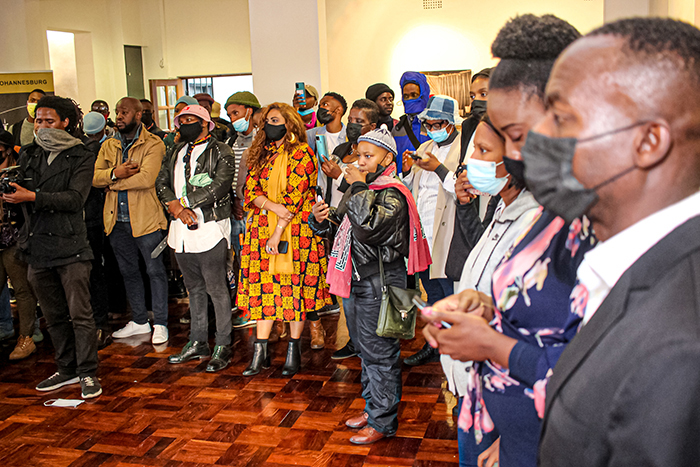
“the largest collection of African photography ever to come to auction!” Taking place online from 20 – 27 July 2021, the sale showcased the work of 68 photographers from 14 African countries, covering a diversity of subject matter ranging from landscapes to the interiors, gender-based issues to surfing culture and the Covid-19 pandemic.
“Championing the photographers who continue to practice their craft and flourish despite extreme challenges, the extraordinary quality and relevance of the artworks comprising this auction support Aspire’s vision and ongoing mission of broadening the market for African art, increasing global appreciation, and, by extension, value, for the incredible artistic produce that emanates from this continent,” said the auction house then ahead of the auction day.
In addition, alongside that auction the organizers brought together a powerful panel of experts to unpack the issues dealt with that body of work that was on auction. The discussion titled The African LENS-scape: Photography for Collectors, which took place on 22 JULY 2021 had a panel comprising N’Goné Fall, Lekgetho Makola, Gordon Massie and Mfundi Vundla.
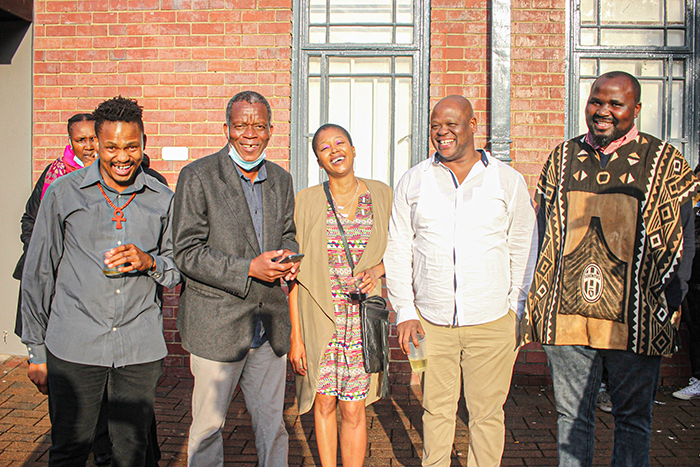
“Umhlabathi essentially is a collective of photographers at different stages of experience in their practice with each photographer having his or her own studio where they practice individually to produce a body of work. The premises also have a dark room, a gallery and an auditorium which can also be used by other photographers besides ourselves, for exhibition or for holding discussions on photography. It is however important to emphasise that although as a collective we are open to mentor young photographers in our individual capacity, this space is for professional practice, that can also be used by other photographers from South Africa and the rest of the continent in our residency programmes, exchanges programmes and collaborations with other photographers and institutions,” emphasised Shabangu.
The space on Helen Joseph Street in Newtown, entirely managed by the collective and any institution interested in collaborations can do so by contacting the collective, who run the place as management, besides their individual practices.










